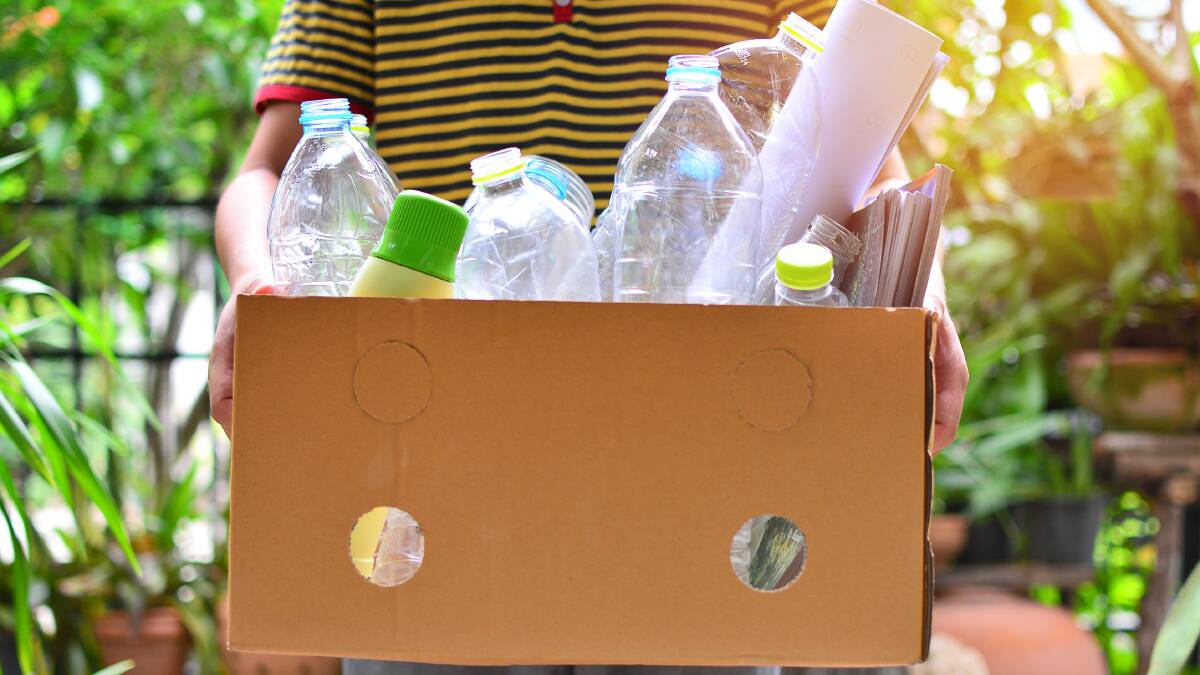
Recently there have been major steps to minimise the use of plastic and maximise our recycling. However, it can still be confusing to know exactly what and how to recycle; if you get it wrong it can contaminate the load and your effort is wasted.
Subscribe now for unlimited access.
or signup to continue reading
Here’s a general overview of what can go in your recycling bin, but it’s wise to get the final say from your local council.
Cardboard, cartons and pizza boxes: A definite yes, but make sure it is clean of food scraps, polystyrene and plastic. Cardboard that has been contaminated with food scraps can be recycled using a worm farm, bokashi bucket or compost heap. Wax-coated cardboard, like some fruit boxes, is not suitable for recycling but it can be composted.
Milk cartons: Yes, even the ones lined with aluminium as this can be separated out during the pulping process. The plastic and aluminium together can be sent on for further recycling, such as to produce roofing tiles or wallboards, or can be used for energy to fuel the paper mill.
Glass bottles and jars: Yes, as long as they are rinsed and the bottle tops and lids are off. You can’t put window glass, crockery or light globes in recycling.
Plastic milk and soft drink bottles, detergent and shampoo bottles: Definitely, just rinse them out first. However, if the container has had poisons or hazardous chemicals in them, then they need to be taken to your council’s chemical clean out service.
Steel, aluminium and aerosol cans: Yes – rinse off any food and remove lids and nozzles from aerosol cans and put them in the rubbish bin. Other metal items such as saucepans, wire or gas bottles cannot be recycled.
Food: No – that goes into the compost or worm farm. Even better, don’t buy so much food in the first place. Visit lovefoodhatewaste.nsw.gov.au for tips on how to save food and save money.
Soft plastics: Soft plastics are things you can scrunch, such as bread bags, bubble wrap, cereal bags, chip packets, frozen food bags, cellophane, dog food bags, plastic wrap and plastic bags. These do not go in the recycling bin. Instead take them to a RedCycle drop off point (see Redcycle.net.au – there are drop off points all over Australia). RedCycle then sends this plastic to Replas, which uses it to manufacture a range of products including outdoor furniture, bollards, and signage.

